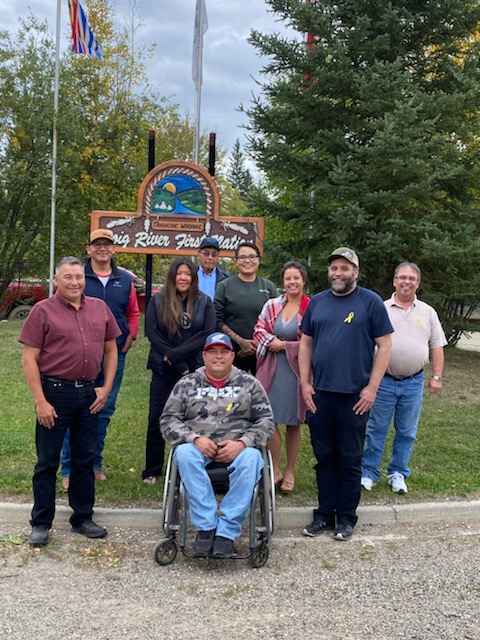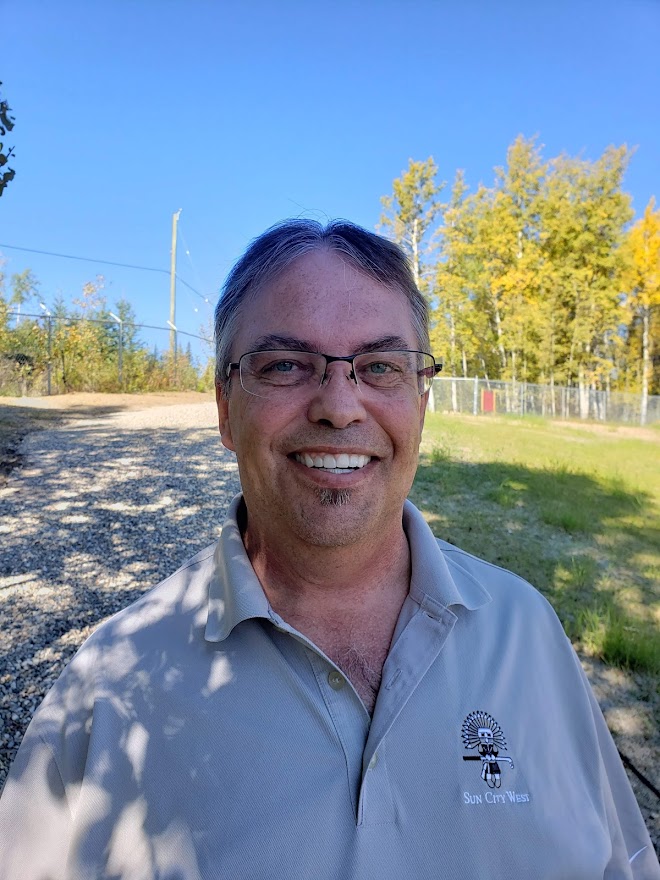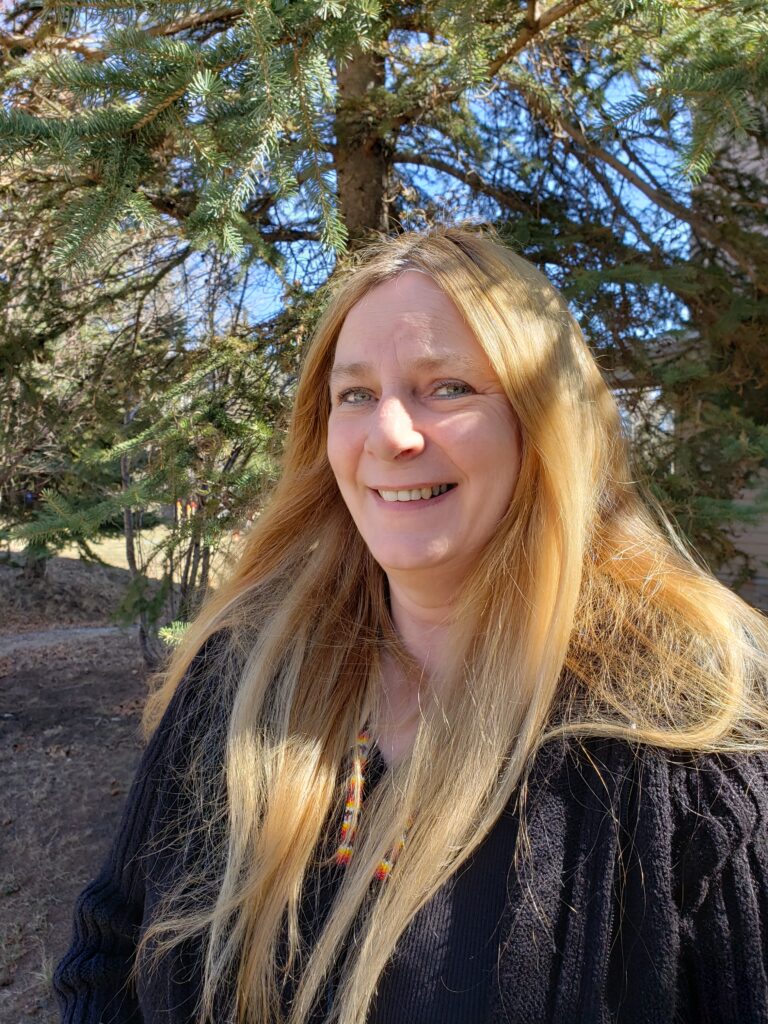
DRFN recently developed a Lands Governance department to coordinate and assist in managing our transition towards greater management of our natural resources. We will move away from managing our lands in a restricted manner under the Indian Act towards the administration and full law-making authority of our reserve lands, environment and natural resources through implementation and application of the First Nations Lands Management Act (FNLMA).
DRFN Land Code Advisory Committee. From left back: Wes Rothlisberger, Justin Davis, Carrolyn Attachie, Sam Acko, Kaylynn Davis, Jasmine Pouce Coupe, Gord Haines, Owen Bloor and at the front Chief Trevor Makadahay.
As part of this process, the staff in our Lands Governance department will coordinate the development of our Land Code. The Land Code is a law, developed by the community, that replaces the sections of the Indian Act regarding land management. The Land Code makes provisions for the following:
- Identifying the reserve lands to be managed by the First Nation (called “First Nation land”)
- The general rules and procedures for the use and occupation of these lands by First Nation members and others
- Financial accountability for revenues from the lands (except oil and gas revenues, which continue under federal law)
- The making and publishing of First Nation land laws, – The conflict of interest rules
- A community process to develop rules and procedures applicable to land on the breakdown of a marriage
- A dispute resolution process
- Procedures by which the First Nation can grant interests in land or acquire lands for community purposes
- The delegation of land management responsibilities, and – The procedure for amending the Land Code
DRFN looks forward to achieving this lands and resources governance status.
More information on the Land Code and FNMLA can be found here.
Contact

Owen Bloor
Planner

Marjorie Coleman
Tax Administration & Lands Governance

Roland Dixon
Protective Services Manager

Stephanie Attachie
Lands Governance Officer
Detailed contact information for our staff and departments can be found on our Contact page.


